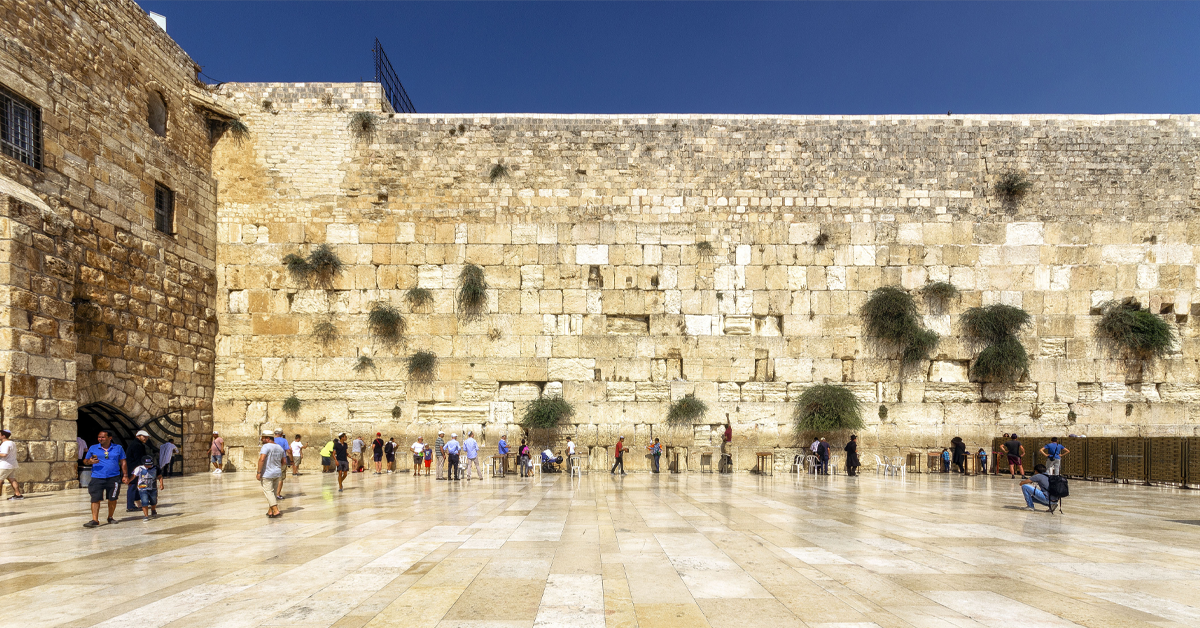Longing, Listening, and Being Heard
Parshas Va’eschanan and Shabbos Nachamu remind us that every heartfelt plea is heard — and every soul can find comfort
Thank you for subscribing
Thank you for subscribing
Thank you for subscribing


This week, we are gifted with a double portion of emotion: Parshas Va’eschanan and Shabbos Nachamu — the first of the Shiva D’Nechemta, the seven weeks of consolation after Tisha B’Av.
At first glance, the portion and the Shabbos theme seem at odds:
Va’eschanan: Moshe Rabbeinu begs to enter Eretz Yisrael, and is denied.
Nachamu: A promise of comfort. “Be consoled, My people,” says your G-d.
But they are deeply connected.
“Va’eschanan el Hashem… I pleaded before G-d.”
(Devarim 3:23)
Rashi tells us that the word “va’eschanan” is related to matnas chinam — a free gift. Moshe wasn't demanding a reward. He was simply yearning for closeness.
The Lubavitcher Rebbe explains that this plea wasn’t just about entering the land — it was about entering a new spiritual reality. Moshe yearned for connection. And even though Moshe’s plea was denied, it wasn’t ignored — it was heard, recorded, and transformed into part of the eternal Torah itself. His longing became a lesson for all generations.
Then comes Shabbos Nachamu:
“Nachamu, nachamu ami — Be comforted, be comforted, My people.”
(Yeshayahu 40:1)
Why the double expression of comfort?
The Midrash teaches that just as the destruction was double — physical and spiritual, so too the consolation must be double. But the Rebbe adds: the first "Nachamu" is G-d’s comfort to us, and the second is our ability to pass that comfort on to others.
In chaplaincy and frontline service, we often witness pain we cannot fix. We meet people in their “Va’eschanan moments” — when they cry out, when they plead, when they just want to be heard.
We can’t always change the situation. But we can offer “Nachamu.”
We can listen. We can sit beside. We can validate.
We can become G-d’s messengers of comfort.
Your prayers are never wasted. Even when the answer is “not now,” your voice echoes in eternity.
You can comfort others simply by showing up. Nachamu isn’t about solving. It’s about being present.
Don’t ignore your inner “Moshe” — the part of you that yearns for more, that seeks higher connection.
Whether you are praying like Moshe or comforting like a chaplain, this week reminds us: G-d hears, and G-d heals.
Sometimes, the answer is in the listening itself.

Sources & References:
Devarim 3:23 – Moshe’s plea
Rashi on Devarim 3:23 – Matnas Chinam
Yeshayahu 40:1 – Nachamu Nachamu Ami
Likkutei Sichos vol. 29, Parshas Va’eschanan
Midrash Eichah Rabbah 1:1 – Double destruction, double comfort